Italian zero-waste campaigner wins coveted environmental award
Updated: Apr 16, 2013 03:45:14pm

The award will be presented at a ceremony in San Francisco to the environmental hero who convinced the city of Naples to adopt zero-waste goals. The awards function is what they call the Oscars of the environment movement, according to a BBC report.
Ercolini had his first experience in campaigning in 1976. There were plans to build an incinerator near the school where he taught and he opposed it. Subsequently plans to build two other incinerators in his hometown of Lucca in 1994 drew his attention to the growing problem of waste.
The campaigner described the use of incinerators to burning waste as immoral. He could not condone the fact that when half the world was perishing owing to lack of food, the remaining half was wasting too much food.
Later, in May 2011 the waste campaigner convinced the city of Naples which at that time was grappling with a massive waste crisis, to adopt zero-waste goals.
The crisis of waste management in Naples had reached a critical stage with overfilled landfills in 2008 with proposal for three incinerators. The Italian Army had to be called in to help the city deal with some 2000 tons of uncollected garbage piled up in the streets. The problem had reached its peak.
Ercolini has convinced the mayor, the clergy and others in Naples a home to about a million people with reports of Mafia involvement, about the need to control waste.
Today, as an organising member of the Zero Waste International Alliance, his campaign to encourage recycling and waste reduction has led to 117 municipalities across Italy closing incinerators and committing to zero-waste strategies.
As for Naples, after joining the zero waste alliance, it is set to become a world leader for a sustainable waste management program.
What is zero-waste? According to the zero-waste international alliance, Zero Waste is a goal that is ethical, economical, efficient and visionary, to guide people in changing their lifestyles and practices to emulate sustainable natural cycles, where all discarded materials are designed to become resources for others to use.Zero Waste means designing and managing products and processes to systematically avoid and eliminate the volume and toxicity of waste and materials, conserve and recover all resources, and not burn or bury them.
Implementing Zero Waste will eliminate all discharges to land, water or air that are a threat to planetary, human, animal or plant health.
Measures of success in meeting this goal are outlined in the Zero Waste Business Principles and the Global Principles for Zero Waste Communities.
Zero-waste business principles include:
- ensuring that social, environmental and economic performance standards are met
- informing workers, customers and community of the environmental impact of their production, services and products
- taking precautions before introducing new products and principles; to avoid products and practices that are wasteful or toxic
- ensuring that 90 per cent of solid waste is diverted from landfills
- suppliers assume the responsibility of taking back products and packaging
- to buy reused, recycled and composted products
- redesigning of production systems to prevent pollution and reduce waste
- recovering highest value for discarded products
- offering economic incentives for customers, workers and suppliers
- products or services sold are not wasteful or toxic
- using non-toxic production, reuse and recycling processes.
Jonathan Deal, South Africa: led a successful campaign against fracking in South Africa to protect the Karoo, a semi-desert region, valued for its agriculture and wildlife.
Azzam Alwash, Iraq: returned to the country from the US to lead local communities in restoring the once-lush marshes that had been allowed to dry out under Saddam Hussein's regime.
Aleta Baun, Indonesia: organised local villagers to occupy marble mining sites in order to prevent the destruction of sacred forestland on the island of Timor.
Kimberly Wasserman, US: led a local campaign to shut down two of the nation's oldest coal-fired power plants and transform Chicago's old industrial sites into parks and multi-use spaces.
Nohra Padilla, Colombia: organised Colombia's marginalised waste pickers, in the face of political opposition and threats of violence, in order to make recycling a legitimate part of waste management.

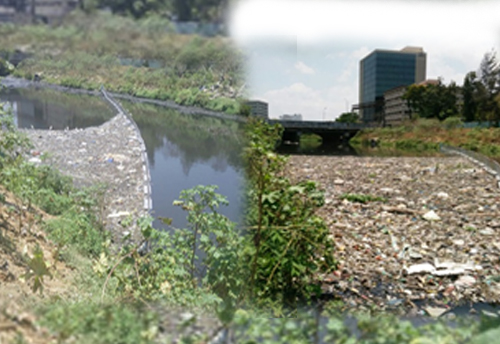
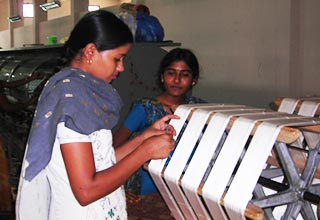
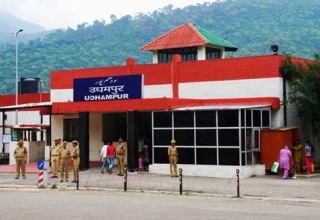
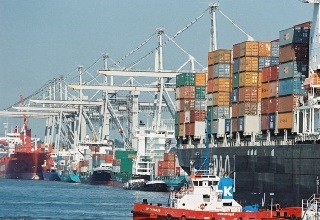
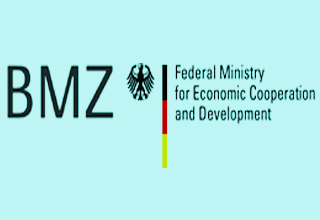





